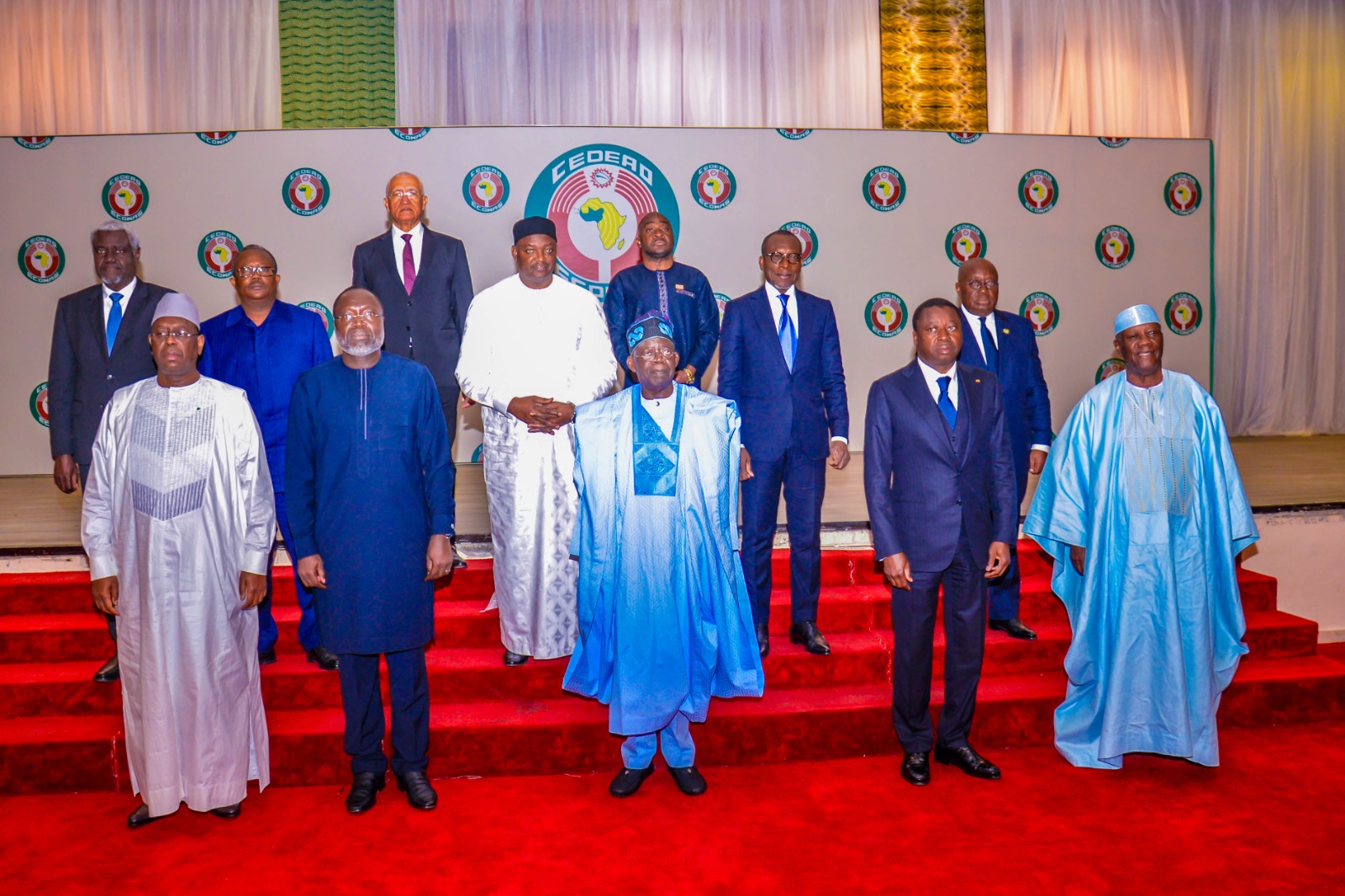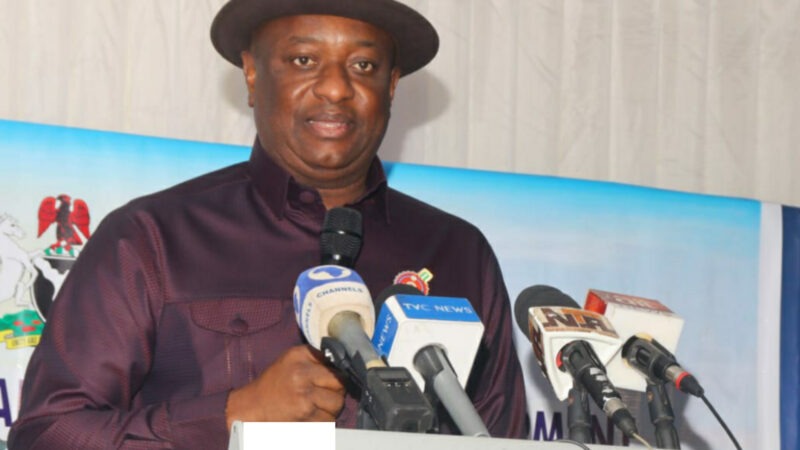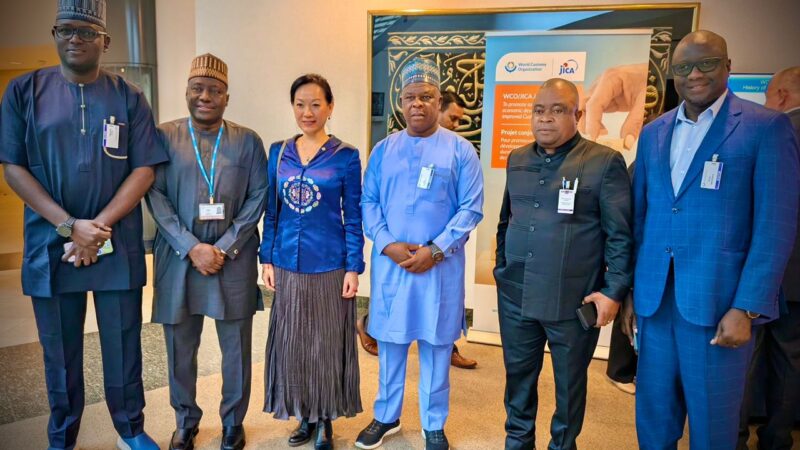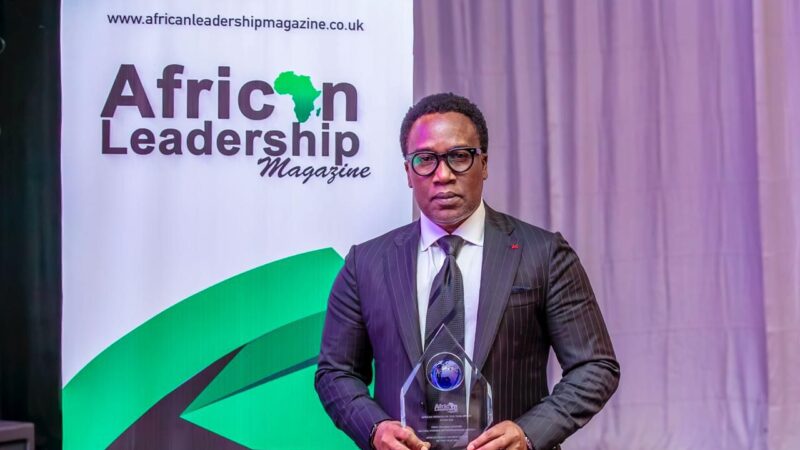ECOWAS lifts most sanctions on Niger following regional summit

The West African regional bloc has decided to lift most of the sanctions imposed on Niger in the aftermath of last year’s coup, significant move aimed at fostering dialogue towards reconciliation.
The decision, announced by the president of the Economic Community of West African States (ECOWAS) Commission, Omar Alieu Touray, includes the immediate lifting of a no-fly zone and border closures.
Touray clarified that the decision to lift sanctions was made “on purely humanitarian grounds” to alleviate the suffering experienced as a consequence.
The announcement came following the bloc’s summit held in Abuja, Nigeria, where discussions revolved around addressing the pressing challenges facing the region and urging three military-led nations – Niger, Mali, and Burkina Faso – to reconsider their withdrawal from the bloc.
ECOWAS had previously suspended the aforementioned countries following coups, and despite their declared intention to permanently withdraw, the bloc has persistently called for their return.
During the summit, ECOWAS Chairman and Nigerian President Bola Tinubu emphasised the need to reassess the approach toward restoring constitutional order in the suspended countries, as well as in Guinea, which is also under military leadership.
Tinubu urged the suspended nations to reconsider their decision, stressing that ECOWAS should not be perceived as an adversary.
Additionally, ECOWAS announced the partial lifting of certain sanctions on individuals in Mali and on junta-led Guinea.
However, Touray noted that some targeted and political sanctions would remain in place for Niger, although specific details were not disclosed.
Reporting from the summit, Al Jazeera’s Ahmed Idris highlighted that the lifted sanctions on Niger encompassed land, sea, and air blockades, as well as restrictions on its participation in regional economic and financial institutions.
Despite the easing of sanctions, ECOWAS attached conditions to the decision, notably calling for the immediate release of President Mohamed Bazoum and his family members, who were detained following the coup last July.
Bazoum’s continued detention has been a point of contention, with calls for his release intensifying ahead of the summit.
The decision to ease sanctions reflects a shift in ECOWAS’s approach, with efforts focused on persuading the suspended nations to reconsider their withdrawal and remain part of the regional alliance.
The potential departure of these countries could jeopardize regional integration efforts and disrupt trade and services flows valued at nearly $150 billion annually.
While ECOWAS has extended an olive branch to the suspended nations, offering them an opportunity to participate in technical discussions, the specter of fragmentation looms over the organisation.
The formation of the Alliance of Sahel States by Mali, Burkina Faso, and Niger underscores the challenges faced by ECOWAS in maintaining cohesion and preventing further coups in the region.







